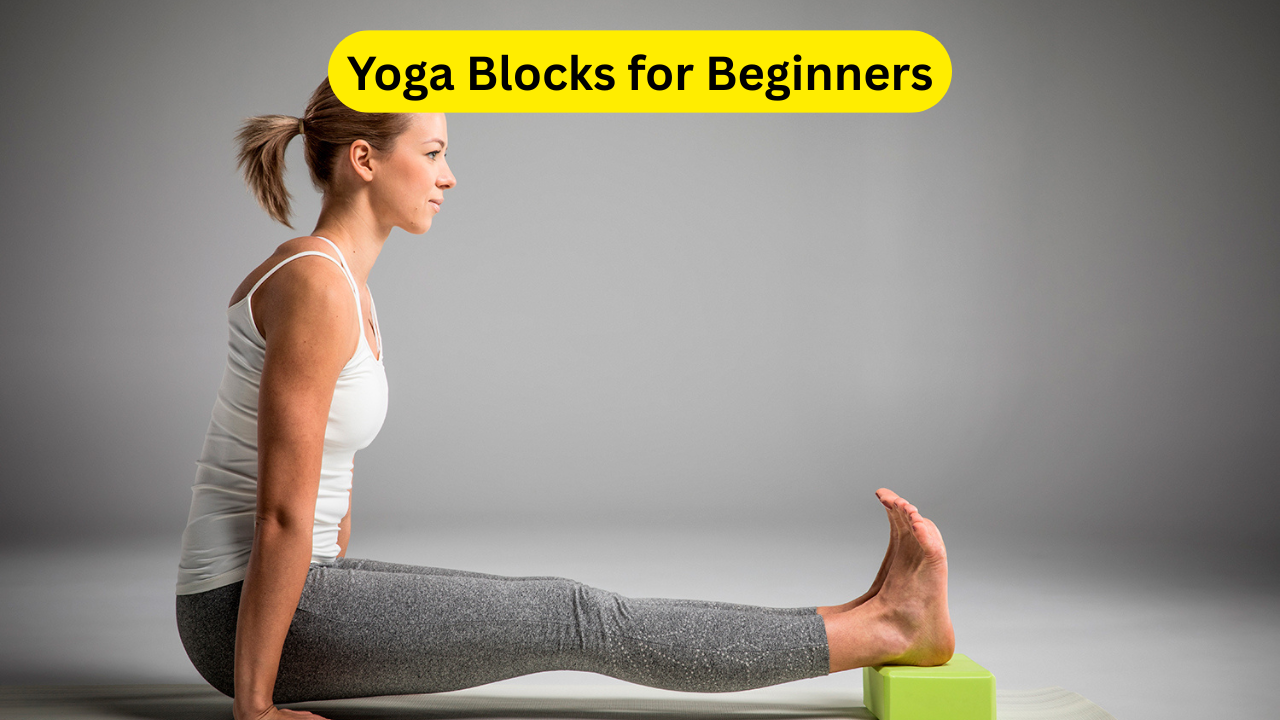Exercise Can Boost Your Memory and Thinking Skills: Exercise is often praised for its physical benefits, such as building muscle, improving heart health, and maintaining a healthy weight. But did you know it’s also a powerful tool for boosting brain health? Studies show that regular exercise can enhance memory, improve thinking skills, and even increase the size of brain regions responsible for cognition. Whether you’re walking, practicing tai chi, or hitting the gym, exercise can sharpen your mind and protect it from cognitive decline.
Research suggests that engaging in moderate-intensity exercise for at least 150 minutes per week can lead to noticeable improvements in brain function over time. Activities like brisk walking, swimming, or yoga not only improve physical health but also reduce stress, improve mood, and promote better sleep—all of which contribute to better cognitive performance.
If you’re looking to maximize the brain benefits of exercise, consistency is key. Just as you take medication regularly, make exercise a daily habit. Start small, gradually increase your activity level, and be patient—it can take up to six months to see the full cognitive benefits. Ready to learn more? Let’s dive into how exercise can boost your brainpower and which activities are most effective.
How Exercise Benefits the Brain
1. Increases Brain Volume
Studies have found that regular exercise can increase the volume of brain regions responsible for memory and thinking. This is particularly important as we age, as it helps protect against cognitive decline.
2. Improves Mood and Reduces Stress
Exercise releases endorphins, the “feel-good” hormones, which can improve mood and reduce stress and anxiety. Since stress and anxiety often impair cognitive function, managing them through exercise can indirectly boost brain health.
3. Enhances Sleep Quality
Poor sleep can negatively impact memory and thinking skills. Exercise promotes better sleep, which in turn supports cognitive function.
4. Encourages Neuroplasticity
Exercise stimulates the growth of new neurons and connections in the brain, a process known as neuroplasticity. This helps improve learning, memory, and problem-solving skills.
Click Here: Yoga for Weight Loss: A Simple Guide to Shedding Pounds Mindfully 2025
Best Exercises for Brain Health
| Exercise | Benefits for the Brain | Recommended Duration |
|---|---|---|
| Brisk Walking | Increases brain volume, improves mood, and reduces stress | 30 minutes, 5x/week |
| Tai Chi | Enhances executive function (planning, memory, problem-solving) through mindful movement | 20-30 minutes, 3x/week |
| Swimming | Boosts cardiovascular health and promotes neuroplasticity | 30-45 minutes, 3x/week |
| Yoga | Reduces stress, improves focus, and enhances memory | 20-30 minutes, 3x/week |
| Dancing | Combines physical activity with mental challenges, improving memory and coordination | 30 minutes, 2-3x/week |
Tips to Maximize Brain Benefits

- Start Small: Begin with 10-15 minutes of exercise daily and gradually increase the duration.
- Be Consistent: Aim for at least 150 minutes of moderate-intensity exercise per week.
- Mix It Up: Combine aerobic exercises (like walking) with mindful activities (like yoga or tai chi) for a well-rounded routine.
- Stay Patient: It can take 6 months to see significant cognitive improvements, so stick with it!
- Challenge Your Brain: Try activities that require learning new skills, such as dancing or tai chi, to boost neuroplasticity.
Also Read: BYD Sealion 7 Review: The Perfect Family Electric SUV?
Exercise Can Boost Your Memory and Thinking Skills Conclusion
Exercise is one of the most effective ways to boost your memory, thinking skills, and overall brain health. Whether you prefer brisk walking, swimming, yoga, or tai chi, regular physical activity offers a wealth of cognitive benefits. From increasing brain volume and improving mood to reducing stress and enhancing sleep quality, exercise is a holistic approach to keeping your mind sharp and healthy.
The key to unlocking these benefits is consistency. Start with small, manageable goals—like a 10-minute walk or a short yoga session—and gradually build up to at least 150 minutes of moderate-intensity exercise per week. Remember, it can take up to six months to see significant improvements in cognitive function, so patience and persistence are essential.
But the rewards are worth it. Over time, you’ll notice not only physical improvements, such as increased strength and stamina, but also mental gains like better focus, sharper memory, and enhanced problem-solving skills. Exercise isn’t just about looking good—it’s about feeling good and staying mentally agile as you age.
So, whether you’re lacing up your sneakers for a walk, rolling out your yoga mat for a mindful session, or diving into the pool for a swim, you’re doing more than just working out. You’re investing in your brain health and setting yourself up for a brighter, more focused future.
Take that first step today. Your brain—and your future self—will thank you!
Exercise Can Boost Your Memory and Thinking Skills FAQs
1. How does exercise improve memory and thinking skills?
Exercise increases blood flow to the brain, promotes the growth of new neurons, and enhances connections between brain cells. It also reduces stress and improves sleep, both of which are crucial for cognitive function.
2. What’s the best exercise for brain health?
Brisk walking is the most studied and effective exercise for brain health. However, activities like tai chi, swimming, yoga, and dancing also offer significant cognitive benefits.
3. How long does it take to see cognitive benefits from exercise?
It can take up to 6 months of regular exercise to notice improvements in memory, focus, and thinking skills. Consistency is key!
4. Can tai chi really improve brain function?
Yes! Studies show that tai chi enhances executive function, which includes skills like planning, problem-solving, and memory. Its slow, mindful movements also reduce stress and improve focus.
5. How much exercise do I need for brain health?
Aim for at least 150 minutes of moderate-intensity exercise per week, such as brisk walking, swimming, or cycling. You can break this into 30-minute sessions, 5 days a week.









